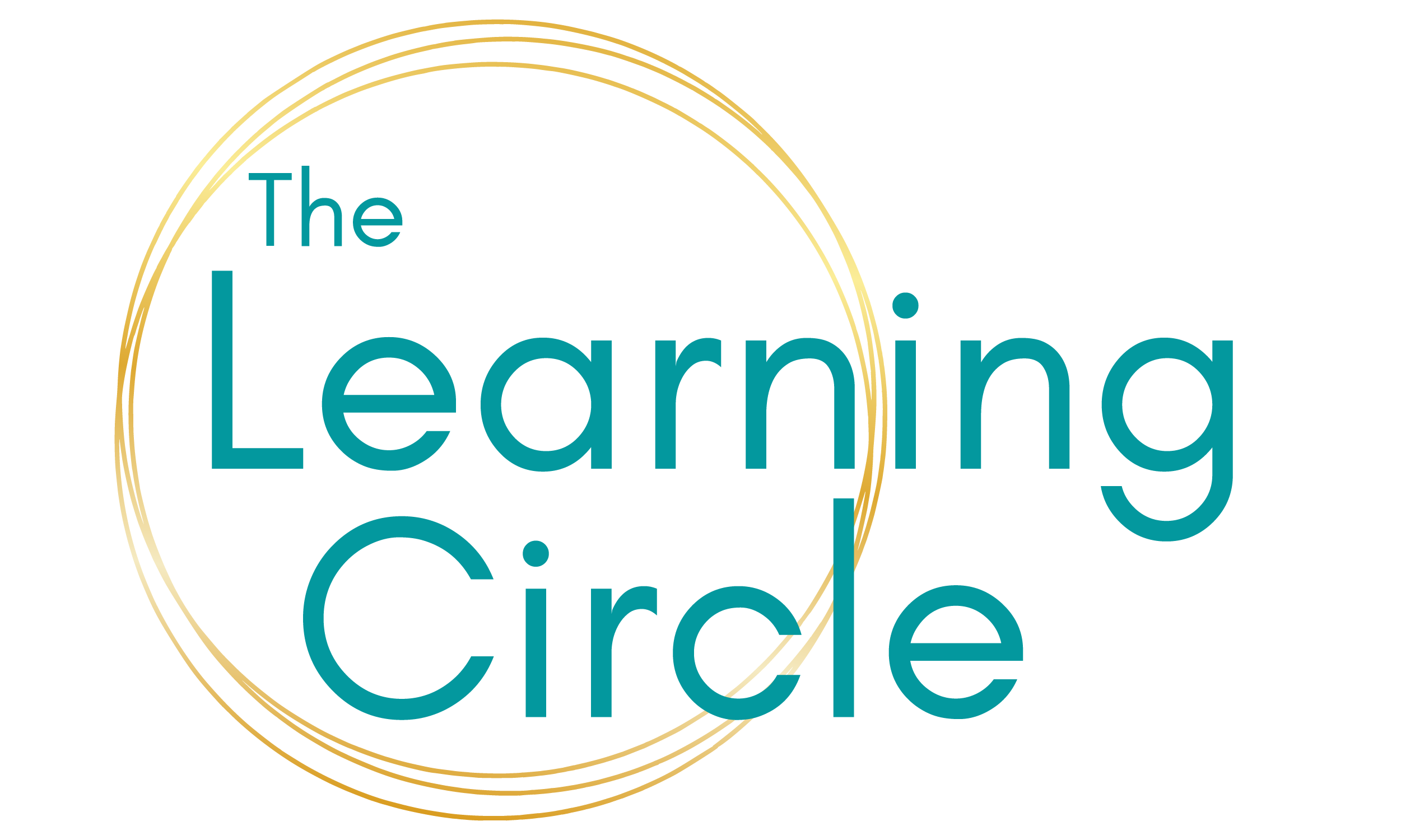The importance of context
Nov 15
Have you ever joined a conversation halfway through and struggled to understand what people are talking about?
Now imagine if you knew the topic of conversation before you joined. It would make it easier to understand. For example, if you knew the conversation was about an upcoming political election, you would be able to link to the other knowledge you have on this topic. This includes language knowledge (for example, vocabulary related to the election process and the candidate’s policies), and topic knowledge (for example, which candidate supports certain issues). You are ready for the conversation now.
Now imagine the conversation is in a language you are just learning. It makes the need for knowing the topic and linking to prior knowledge even more important.
This is the importance of context.
Now imagine if you knew the topic of conversation before you joined. It would make it easier to understand. For example, if you knew the conversation was about an upcoming political election, you would be able to link to the other knowledge you have on this topic. This includes language knowledge (for example, vocabulary related to the election process and the candidate’s policies), and topic knowledge (for example, which candidate supports certain issues). You are ready for the conversation now.
Now imagine the conversation is in a language you are just learning. It makes the need for knowing the topic and linking to prior knowledge even more important.
This is the importance of context.
Write your awesome label here.
This isn’t a new concept. A study by Bransford and Johnson in 1972 examined contextual prerequisites for understanding.
They gave one third of the participants the text below without any context.
The procedure is actually quite simple. First you arrange things into different groups. Of course, one pile may be sufficient depending on how much there is to do. If you have to go somewhere else due to lack of facilities that is the next step, otherwise you are pretty well set. It is important not to overdo things. That is, it is better to do too few things at once than too many. In the short run this may not seem important but complications can easily arise. A mistake can be expensive as well. At first the whole procedure will seem complicated. Soon, however, it will become just another facet of life. It is difficult to foresee any end to the necessity for this task in the immediate future, but then one never can tell. After the procedure is completed one arranges the materials into different groups again. Then they can be put into their appropriate places. Eventually they will be used once more and the whole cycle will then have to be repeated. However, that is part of life.
Did you find you needed to concentrate on this to work out the meaning and remember the details? Well, so did the participants in the study.
But what if you knew it was about doing laundry? The third of participants who knew the context before listening to the text thought it made complete sense and could remember a lot of the details afterwards.
Another third of participants were told it was about laundry after they read. Like the first group, they also had trouble remembering details and making sense of the paragraph.
This is a great study to remember when we are planning our lessons. We need to be mindful of creating a rich context for the language learning, and to allow students time to connect with the context, and link to their prior language and topic knowledge, before focusing on language.
Ready to learn how context setting fits into staging lessons? Take one of our courses.
Ready to learn how context setting fits into staging lessons? Take one of our courses.
Reference: Bransford, J.D., & Johnson, M.K. (1972).
Contextual prerequisites for understanding: Some investigations of
comprehension and recall. Journal of Verbal Learning and Verbal Behavior,
11, 717-726


-
Newsletter Sign-Up
-
Privacy Policy
-
Terms & Conditions
The Learning Circle was created on Whadjuk Noongar Boodja. We acknowledge Traditional Owners of land across the globe, and their connection to land, water, community.
Copyright © 2024

